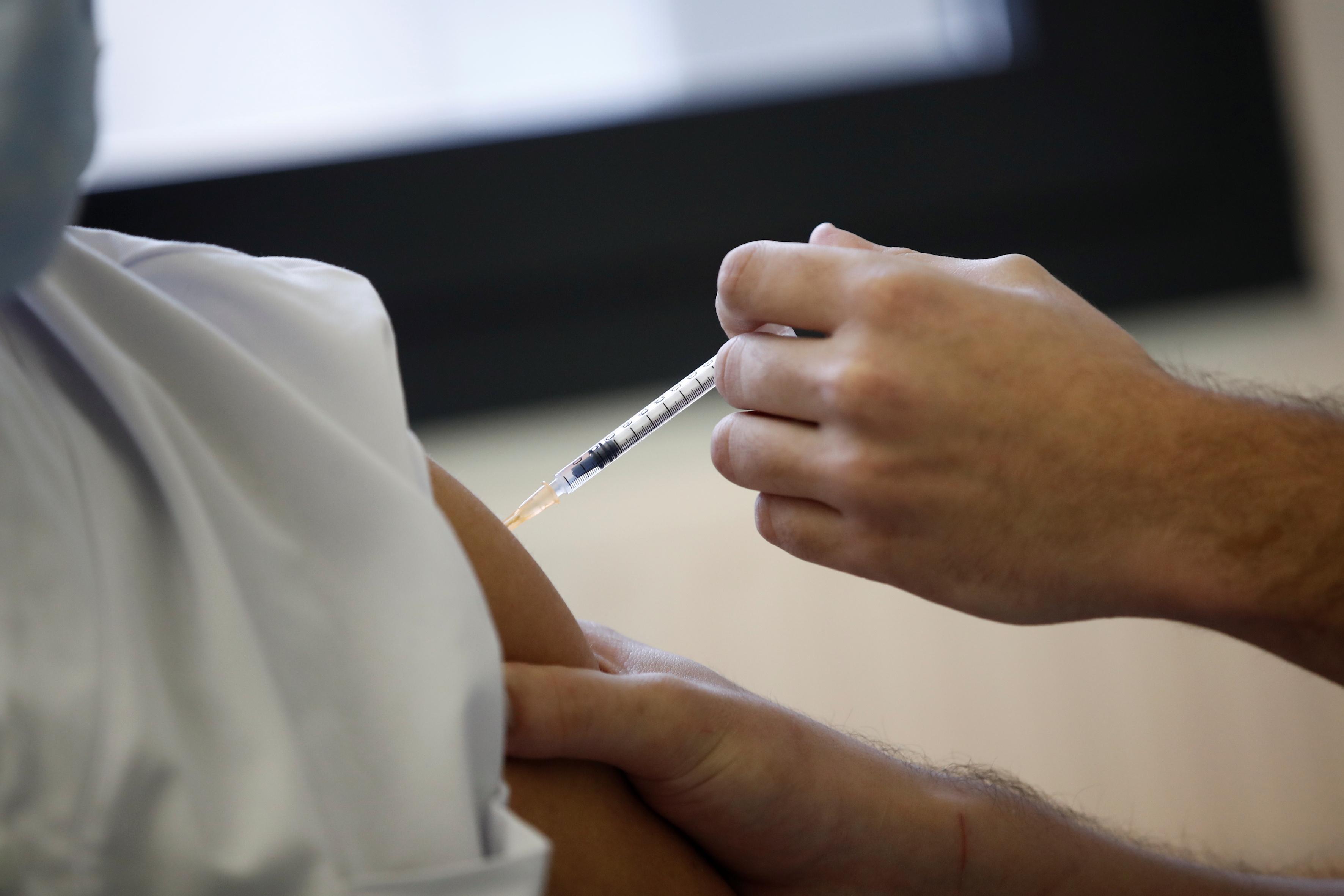Antibodies in breast milk provide extra benefit to babies; Vaccine protection varies among immunocompromised

The following is a summary of some recent studies on COVID-19. They include research that warrants further study to corroborate the findings and that have yet to be certified by peer review.
Mothers' COVID-19 antibodies provide unexpected benefit
COVID-19 antibodies passed from infected mothers to their breastfeeding newborns provide more benefit to the baby than researchers expected to see, according to a report published on Wednesday in JAMA Network Open.
The researchers studied 21 babies born to mothers who were infected with the coronavirus at the time of delivery.
Two months later, the researchers, as expected, found so-called IgG antibodies to the virus made by the mothers' bodies in response to the infection had been passed from breast milk into the babies' blood, resulting in so-called passive immunity.
But a different class of immune molecule in the breast milk, known as IgA antibodies, had stimulated active immunity in the newborns, triggering their immune systems to produce their own IgA antibodies, the researchers discovered.
Compared to formula-fed infants of infected mothers, the breast-fed babies had high levels of self-produced IgA antibodies to the virus in their saliva.
"We have shown for the first time that the mother can also trigger the active immune response of the newborn through the transfer of (immune molecules) in breast milk resulting in the production of salivary antibodies," Dr. Rita Carsetti of Bambino Gesu Children Hospital and Dr. Gianluca Terrin of Sapienza University, both in Rome, said in an email.
They are performing further studies to see whether vaccine-induced antibodies in breast milk have the same effect.
Vaccine protection varies among immunocompromised patients
Among people with impaired immune systems, some get less benefit than others from the mRNA COVID-19 vaccines, and new data help clarify the differences and supports the need for extra shots.
Researchers studied roughly 20,000 immunocompromised adults - 53% of whom were fully vaccinated - and nearly 70,000 with normal immune systems (immunocompetent), 43% of whom were fully vaccinated.
Overall, the vaccines' efficacy against hospitalization for COVID-19 was 90% in the immunocompetent group.
That dropped to 77% in those with conditions that weaken their immune system, regardless of age.
But efficacy ranged from 59% among transplant recipients, who take anti-rejection medicines, and 74% among blood cancer patients to 81% among people with rheumatologic or inflammatory disorders such as rheumatoid arthritis, the researchers reported on Tuesday in the US Centers for Disease Control and Prevention's Morbidity and Mortality Weekly Report.
Statistically, the vaccines from Pfizer/BioNTech and Moderna were similarly effective, said Peter Embi, Chief Executive of Regenstrief Institute in Indianapolis.
"Our study supports the CDC recommendations that two-doses of the mRNA vaccines aren't enough," he said. "People with suppressed immune systems who are getting either mRNA COVID-19 vaccine should get three doses of either one, and then a booster six months later." -- Reuters



